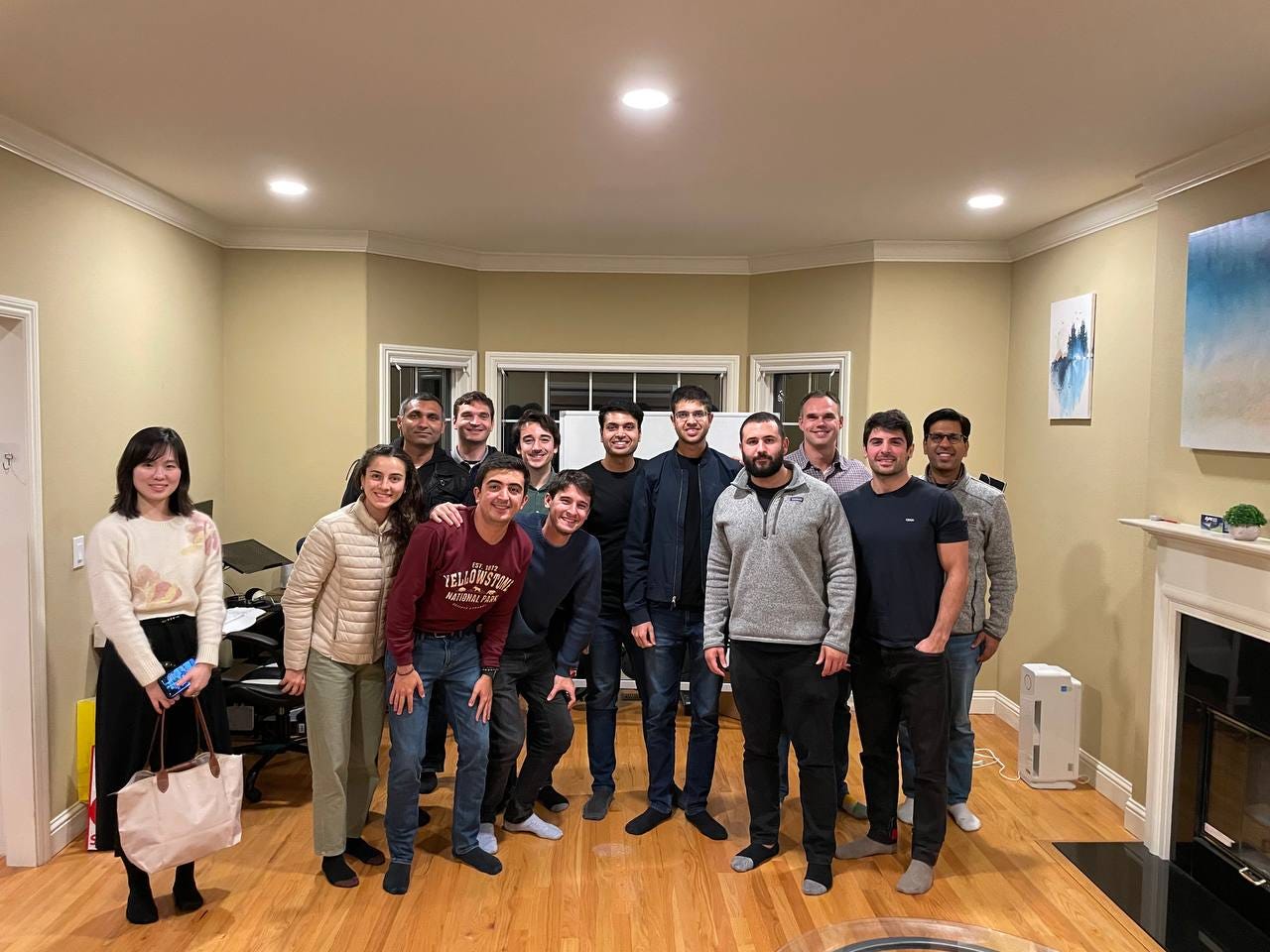Cuy Sheffield, Visa Head of Crypto
The first real-world massive use case
After I started building in the blockchain space - I often hear a lot of degen opinions that that will never lead to the adoption of blockchain among the masses. First, the blockchain should always stay permissionless. Second - that everything should be on-chain. And third - transactions should be irreversible.
What we forget is that the biggest market lives in a different segment of this world - they want to make sure they don’t interact with illicit parties, if they make mistakes - someone can help resolve them.
Finally, we see the real-world adoption of blockchain happening with the world's most significant payment technology company - Visa. As the last SV Icons event in 2023, we hosted Cuy Sheffield, head of crypto at Visa.
Here are several takeaways from the dinner:
There’s a massive value of blockchain for payments. Think about swift and how inefficient it is. Blockchain will fully substitute all legacy financial rails. And Visa is leading this direction, moving blockchain rails to cross-border 24/7 settlement. All scams and dark markets pushed us back in adoption and created a lot of concerns, but now, finally, we are on the path to coordinating real-world use cases with blockchain.
Cuy sees NFTs as a way to get goods in a frictionless manner. Think about the real world - you buy something, but you’re limited due to logistics, space, etc. But with NFTs, there’s no such limitation, so you can buy many digital goods repetitively, especially in the metaverse.
Visa is using blockchain by building and piloting several blockchain-based payment solutions, including:
B2B Connect: This blockchain-based platform enables financial institutions to make secure, cross-border payments to each other in real time.
Visa Direct: This service allows businesses and consumers to send and receive money instantly using a debit or prepaid cards.
Visa B2B Connect Token Service: This service enables financial institutions to use blockchain to securely and efficiently process transactions on the Visa network.
A bit unrelated to crypto on how Visa grew distribution (this is genius!): Visa doesn’t charge 2%, which we tend to think. Most of this number goes to the banks - and that’s why they are super incentivized to distribute cards and open accounts. So, Visa set the incentive structure for all banks to work hard. And then take a small piece of this 2%.
Host: Div Garg
Organizer: Georgi Koreli

